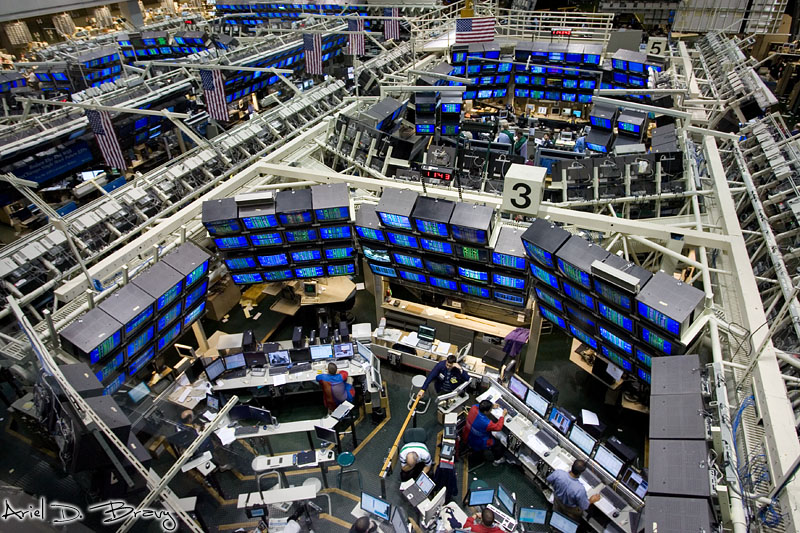
As a general rule I think options are a terrible idea for the casual investor. For those who are simply trying to match the markets without spending a tremendous time watching their investments, options represent a significant danger. Even for those who have experience with options, understanding all the implications of buying or selling an option can be confusing. Covered calls however, may have a useful place in the typical investor’s portfolio.
Option Terminology
Options are defined by several values. For the purposes of discussing options here we will assume we’re talking about an options contract on a stock, which is not always the case. First of all, be aware that an options contract is for 100 shares of the stock. Thus you don’t deal in tremendously small lots when dealing with options.
Each option is either a call or a put. A call option is an option to buy a stock at a particular price on or before a particular date. A put option is an option to sell a stock at a particular price on or before a particular date. In both cases the date by which the decision must be made is the expiration date and the price at which you have the option to buy or sell is called the strike price. These options also have a price which is listed in terms of a price per share. So for example if you see a price quoted as $0.25, that means twenty-five cents per share, or $25 for the full contract, since contracts are for 100 shares.
If all of this sounds confusing let’s look at an example:
Supposing we have a stock X which is currently trading at $35 per share and it is currently January 1st. Now suppose I buy 10 call contracts on this stock with a strike price of $37.50 and an expiration date of February 23rd (Note that expiration dates are the third Friday of a month). Let’s suppose I pay a price $1 per share for each of these options ($100 total for each and $1,000 total since I’m buying 10 contracts) and look at what happens depending on how stock X’s price changes in that time.
If stock X does not exceed $37.50 before February 23rd my options will expire as worthless and I will lose 100 percent of my investment, assuming I do not sell the contracts before then. If on February 23rd the price of the stock is higher than $37.50, I will be able to buy the stock at a discount, which will hopefully exceed my $1,000 investment. So for example if the stock is at $42.00 I will make $4.50 per share on the 100 shares per contract for 10 contracts, thus making $4,500 less my initial $1,000 investment. This means I made $3,500 on a $1,000 investment. As you can see, options have a high risk and high reward.
In general, people often close their position before the expiration date, which of course affects the economics as well. If I have a call option, for example, with some time left before the expiration date and the option is already “in the money” (meaning the share price is higher than the strike price for a call), then I will probably be able to sell it at a premium to the difference in the prices, because of the potential to make more money before the expiration date.
Covered Calls
So now let’s suppose instead that I want to sell a call on stock X. (more…)



















